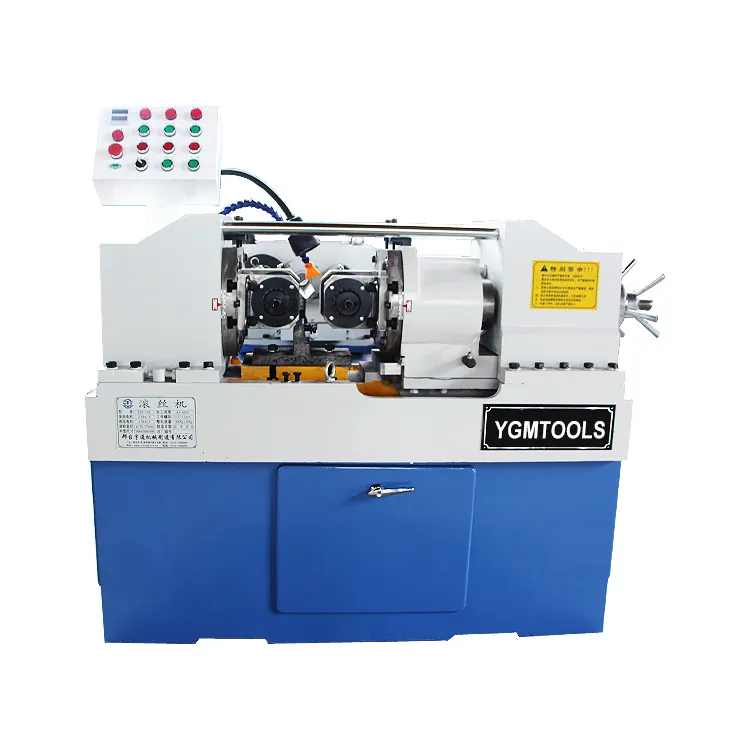
-
 Afrikaans
Afrikaans -
 Albanian
Albanian -
 Amharic
Amharic -
 Arabic
Arabic -
 Armenian
Armenian -
 Azerbaijani
Azerbaijani -
 Basque
Basque -
 Belarusian
Belarusian -
 Bengali
Bengali -
 Bosnian
Bosnian -
 Bulgarian
Bulgarian -
 Catalan
Catalan -
 Cebuano
Cebuano -
 Corsican
Corsican -
 Croatian
Croatian -
 Czech
Czech -
 Danish
Danish -
 Dutch
Dutch -
 English
English -
 Esperanto
Esperanto -
 Estonian
Estonian -
 Finnish
Finnish -
 French
French -
 Frisian
Frisian -
 Galician
Galician -
 Georgian
Georgian -
 German
German -
 Greek
Greek -
 Gujarati
Gujarati -
 Haitian Creole
Haitian Creole -
 hausa
hausa -
 hawaiian
hawaiian -
 Hebrew
Hebrew -
 Hindi
Hindi -
 Miao
Miao -
 Hungarian
Hungarian -
 Icelandic
Icelandic -
 igbo
igbo -
 Indonesian
Indonesian -
 irish
irish -
 Italian
Italian -
 Japanese
Japanese -
 Javanese
Javanese -
 Kannada
Kannada -
 kazakh
kazakh -
 Khmer
Khmer -
 Rwandese
Rwandese -
 Korean
Korean -
 Kurdish
Kurdish -
 Kyrgyz
Kyrgyz -
 Lao
Lao -
 Latin
Latin -
 Latvian
Latvian -
 Lithuanian
Lithuanian -
 Luxembourgish
Luxembourgish -
 Macedonian
Macedonian -
 Malgashi
Malgashi -
 Malay
Malay -
 Malayalam
Malayalam -
 Maltese
Maltese -
 Maori
Maori -
 Marathi
Marathi -
 Mongolian
Mongolian -
 Myanmar
Myanmar -
 Nepali
Nepali -
 Norwegian
Norwegian -
 Norwegian
Norwegian -
 Occitan
Occitan -
 Pashto
Pashto -
 Persian
Persian -
 Polish
Polish -
 Portuguese
Portuguese -
 Punjabi
Punjabi -
 Romanian
Romanian -
 Russian
Russian -
 Samoan
Samoan -
 Scottish Gaelic
Scottish Gaelic -
 Serbian
Serbian -
 Sesotho
Sesotho -
 Shona
Shona -
 Sindhi
Sindhi -
 Sinhala
Sinhala -
 Slovak
Slovak -
 Slovenian
Slovenian -
 Somali
Somali -
 Spanish
Spanish -
 Sundanese
Sundanese -
 Swahili
Swahili -
 Swedish
Swedish -
 Tagalog
Tagalog -
 Tajik
Tajik -
 Tamil
Tamil -
 Tatar
Tatar -
 Telugu
Telugu -
 Thai
Thai -
 Turkish
Turkish -
 Turkmen
Turkmen -
 Ukrainian
Ukrainian -
 Urdu
Urdu -
 Uighur
Uighur -
 Uzbek
Uzbek -
 Vietnamese
Vietnamese -
 Welsh
Welsh -
 Bantu
Bantu -
 Yiddish
Yiddish -
 Yoruba
Yoruba -
 Zulu
Zulu
Various Methods of Thread Rolling in Manufacturing Processes
Types of Thread Rolling Factories A Comprehensive Overview
Thread rolling is a popular method used in the manufacturing industry for producing threaded components. It's an efficient and cost-effective process, often preferred over traditional machining methods. The thread rolling process generates threads by deforming material, which enhances the strength of the product due to the cold working effect. In the realm of thread rolling factories, there are various types based on their technology, production capacity, and the specific applications they serve.
1. Flat Die Thread Rolling Factories
Flat die rolling is one of the oldest methods of thread rolling. In this approach, two flat dies are used to apply pressure on the workpiece, forming threads through a series of passes. Factories utilizing flat die technology are often smaller and suitable for producing limited quantities of threaded rods, bolts, and screws. They are favored for their simplicity and low initial investment, making them ideal for small-scale operations or custom orders.
2. Rotary Dial Thread Rolling Factories
Rotary dial rolling is a more advanced method that allows factories to achieve higher production rates with better precision. In this setup, the workpieces rotate as they pass through the rolling dies, which are arranged in a circular configuration. This continuous motion allows for quick production of a variety of threaded components, often used in automotive and aerospace industries. Factories specializing in rotary dial rolling tend to focus on high-volume production due to their efficiency and capacity for handling complex designs.
3. In-Line Thread Rolling Factories
types of thread rolling factories

In-line thread rolling factories incorporate thread rolling processes directly into larger manufacturing systems. This type of factory is designed to maximize automation and efficiency, allowing for the seamless production of threaded components as part of a larger assembly line. In-line rolling is particularly advantageous for industries requiring high precision and large quantities, such as electronics and machinery. These factories leverage advanced robotics and software to manage production processes and quality assurance.
4. CNC Thread Rolling Factories
CNC (Computer Numerical Control) thread rolling factories utilize computer-controlled machines to produce threads with high accuracy and repeatability. This technology allows for complex geometries and fine tolerances, making CNC factories suitable for specialized applications, including medical devices and precision instruments. These factories typically have a higher investment cost but offer significant advantages in terms of flexibility and the ability to adapt to changing production requirements.
5. Specialized Thread Rolling Factories
Some factories specialize in specific types of threads or materials, such as fine threads for delicate components or large diameter threads for heavy machinery. These specialized facilities may employ hybrid processes that combine rolling with other techniques, such as machining or forging, to meet unique customer demands. Their expertise in specific areas allows them to produce high-quality products tailored to niche markets.
Conclusion
The variety of thread rolling factories showcases the versatility and effectiveness of the thread rolling process in modern manufacturing. From small-scale operations using flat die methods to high-tech CNC facilities, each type of factory plays a crucial role in producing threaded components across various industries. As technological advancements continue to evolve, the efficiency and precision of thread rolling processes will likely improve, further solidifying its place in the manufacturing landscape.
